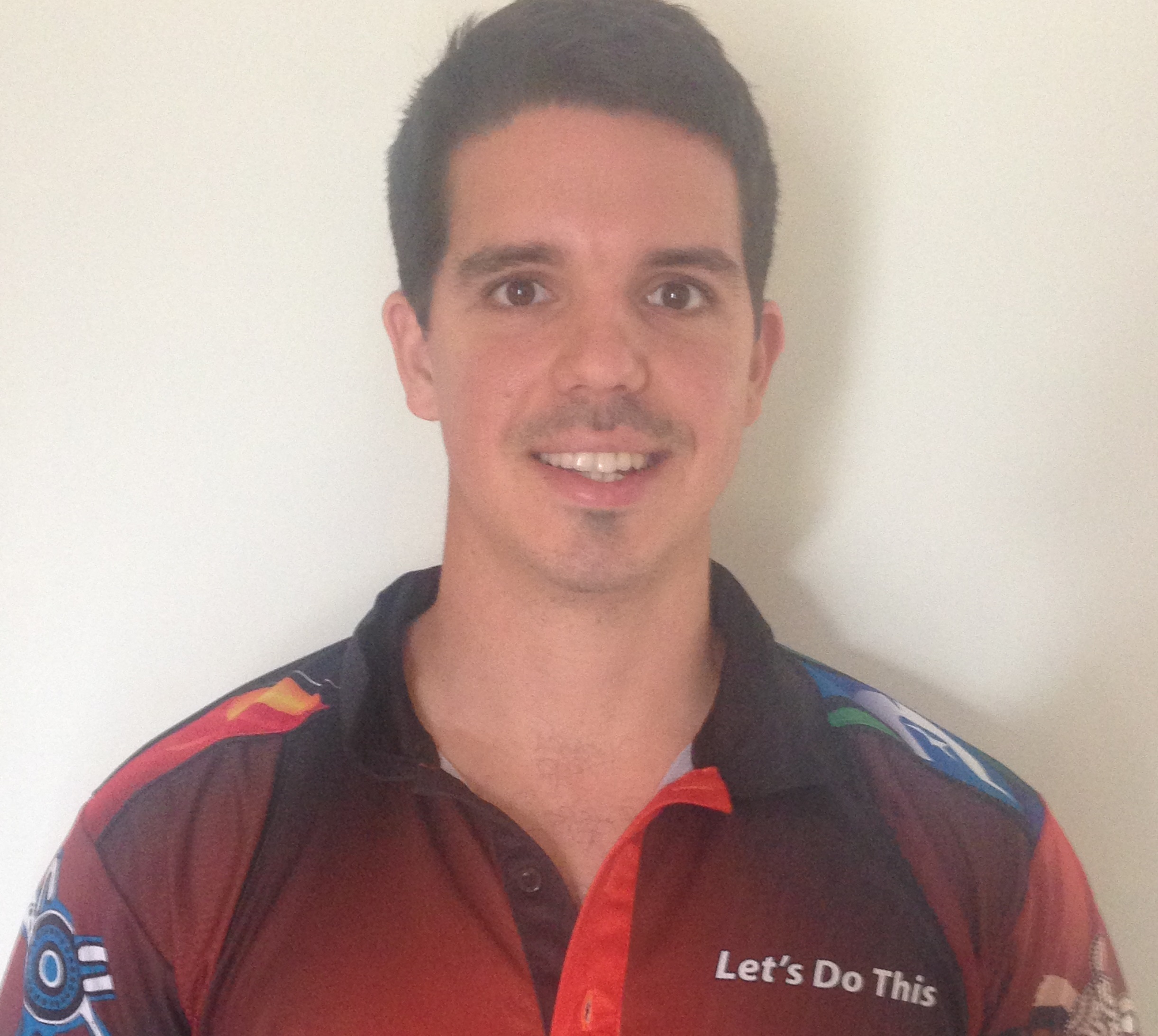Whitehouse Scores A Master Licensing Deal For its First Album


In June 2011, Arts Law was approached by Grant Saunders aka Sonic Nomad of Sydney band Whitehouse http://whitehous.bandzoogle.com/fr_home.cfm. Formed in 2006 and boasting an Aboriginal frontline and a Sri-Lankan rhythm section, the band won the Indigenous Emerging Artists grant in 2010 and its self-funded debut album is due for release in late 2011.
The buzz around Whitehouse was such that it had been offered an exclusive master licensing deal by Gadigal even before the album’s release! The band’s main motive when choosing Gadigal was to give their recording a professional marketing and promotional push which would take them beyond the band’s existing iTunes account.
Grant wanted advice on Gadigal’s draft master lance contract and we referred him to Jules Munro of Simpsons Solicitors in Sydney. Jules is one of Sydney’s most experienced music lawyers and volunteers on Arts Law’s pro bono advice panel.
Jules clarified the key elements in the Licence Agreement for the band. He explained the importance of obtaining releases from any session musicians who played on the album to ensure that Grant owned copyright in the masters outright before giving the promises about copyright ownership and clearances that were contained in the master licence contract. Grant also wanted to ensure that the agreement allowed the band to retain the synchronization rights and Jules drafted a clause for inclusion into the agreement to reflect this. Jules suggested to Grant that the band join the Phonographic Performance Company of Australia (PPCA) www.ppca.com.au which is the collecting society that provides licences to Australian businesses to play recorded music in public. The net fees it collects are distributed to the record labels and also, significantly, to the Australian artists whose performances feature on the recordings. (See Arts Law’s information sheet on Collecting Societies.) Joining the PPCA would ensure that the band received its entitlement to about 48% of the total performance income from the recordings distributed by the PPCA. The agreement was amended to reflect this. Another suggested amendment made by Jules to the draft agreement made it clear that the band kept all the rights to the recordings in countries where Gadigal was unlikely to market the recordings.
His experience in advising many bands over the years lead Jules to suggest that the band look into retaining a specialist music PR company for promotional activities. Finally, Jules provided critical advice on the incorporation of samples in some of the tracks. It’s essential to understand the implications of using samples. For example, some songs that are out of copyright in Australia are still in copyright in the United States.
Many of the issues faced by Whitehouse in this situation are common to all bands who want to enter master licence agreements or recording contracts concerning their recordings. It is vital that you understand how your band’s intellectual property will be dealt with in your contract with a label. A good music lawyer will be as valuable to you as the record label!
Grant expressed his appreciation to Arts Law and Jules Munro as follows:
“I personally thanked Jules for going above and beyond the call of duty for us and thank you also for this amazing service- so glad I signed up to Arts
Law- most invaluable.”
For more information on Whitehouse, see the band’s MySpace http://www.myspace.com/thewhitehousebandman and reverbnation http://www.reverbnation.com/thewhitehouseband pages.




